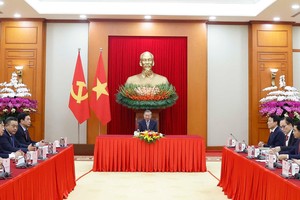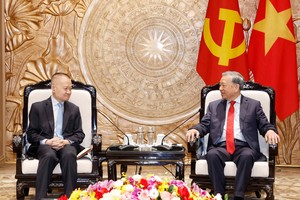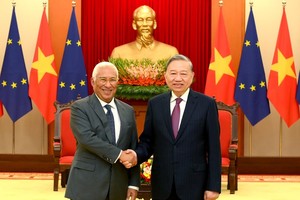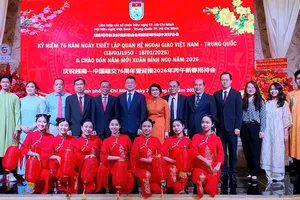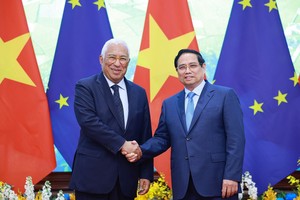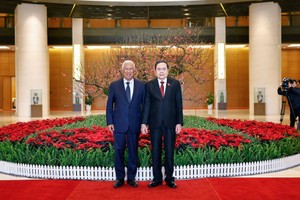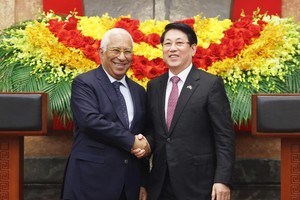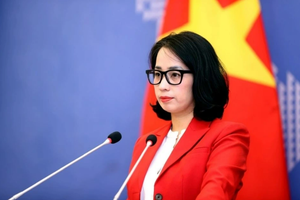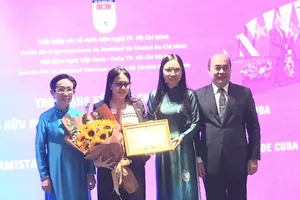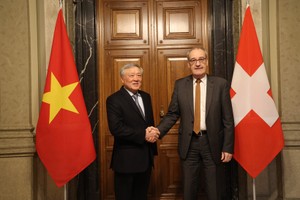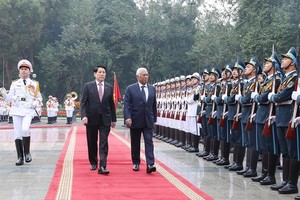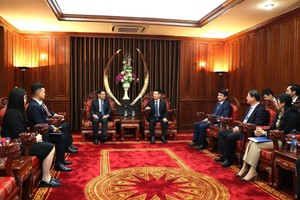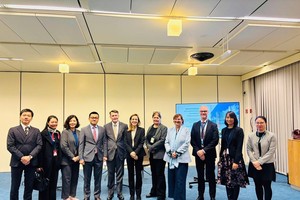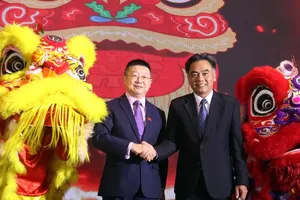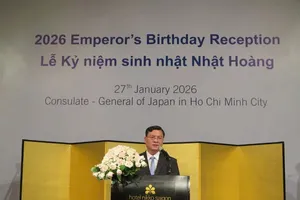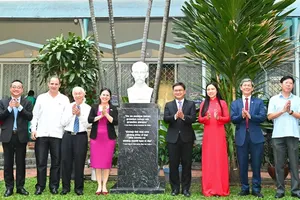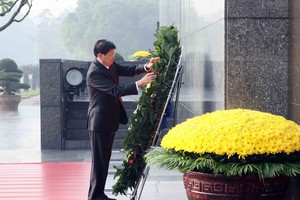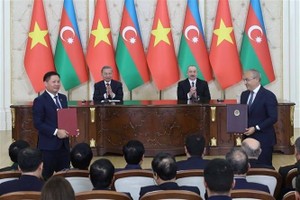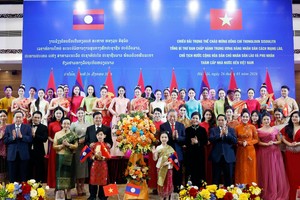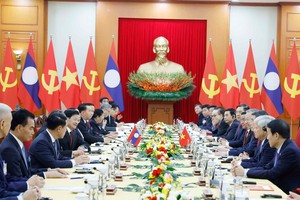"In the lead-up to the presidential election, I promised to make a safe Republic of Korea," the president said in a ceremony in Busan, marking the permanent shutdown of the country's first nuclear reactor, the Kori-1, source from the Yonhap.
"We will abolish our nuclear-centered energy policy and move toward a nuclear-free era. We will completely scrap construction plans for new nuclear reactors that are currently under way," Moon added.
The Kori 1, located in the southern port city of Busan, was South Korea's first reactor, built in 1977.
Its permanent shutdown was decided in 2015, long before the Moon Jae-in administration came into office last month.
Moon hailed the reactor's shutdown as of Monday, calling it the "start" of a journey to becoming a nuclear-free nation.
"The government will not extend the operational life cycle of nuclear reactors. We will shut down the Wolsong 1 reactor, which is still in operation following an extension of its life cycle, at the earliest date possible," the president said.
The president also hinted at halting the ongoing construction of two new nuclear reactors, saying the government will "secure a public consensus" on their fate in the near future.
President Moon noted that when the country was less developed or still developing, the nuclear reactors may have been an inevitable choice.
"But now is the time for us to change that. The country's economic status has changed, our awareness on the importance of the environment has changed. The notion that the safety and lives of people are more important than anything else has become a firm social consensus," he told the ceremony held at Kori Nuclear Power Plant in Busan.
The president said nuclear reactors had long been considered safe and economical, but that a series of incidents, including the 2011 nuclear accident in Japan's Fukushima, should have proved such beliefs wrong.
The president noted some 170,000 had to be evacuated from areas within a 30-kilometer radius from the Fukushima plant when one of the reactors at the plant melted.
Still, a total of 1,368 people died as of March 2016 due to the Fukushima accident, according to the president.
Within a 30-kilometer radius from South Korea's Kori plant, there are 3.82 million people, 22 times more than the 170,000 in the vicinity of Japan's Fukushima plant, he noted.
"The Fukushima nuclear accident has clearly proved that nuclear reactors are neither safe, economical nor environmentally friendly," Moon said, adding the damage from the Fukushima accident was expected to cost 220 trillion won (US$194 billion) to be repaired.
"The new government will handle the issue of nuclear safety as a national security issue that may determine the fate of our country," he said, announcing plans to place the Nuclear Safety and Security Commission under his direct leadership, making it a presidential commission.
The president also reiterated his earlier pledge to permanently shut down at least 10 aged, coal-fired power plants before his five-year term ends, a move aimed at reducing greenhouse gas and fine dust emissions.
The country will instead boost power supplies from clean and renewable energy sources, the president said.
He earlier said the country will increase the proportion of power supplies from clean and renewable energy sources to 20 percent of the total by 2030.
"While mapping plans to build a nuclear-free, coal-free nation, the government will set up environmentally friendly energy policies. There will be many difficulties. But it is a road we must take," the president said Monday.
